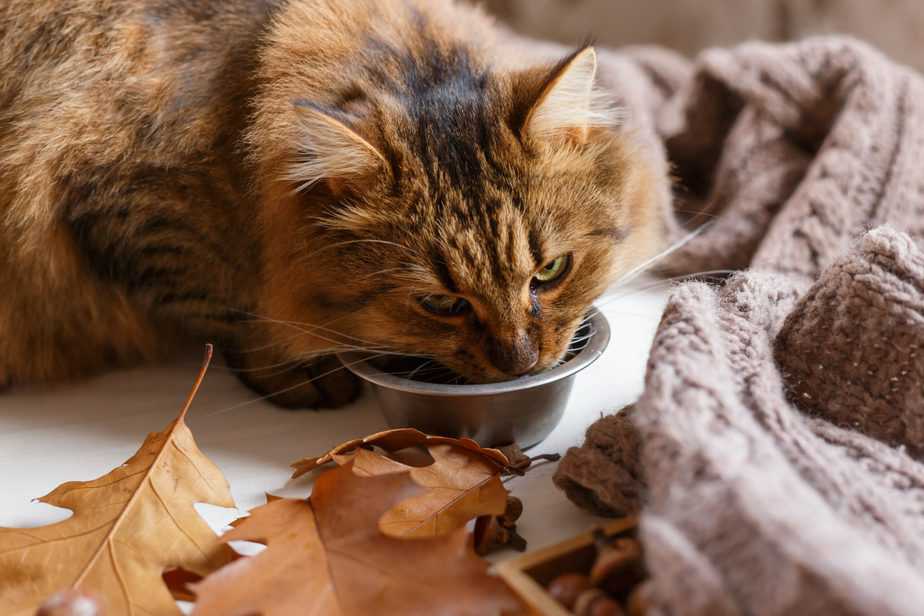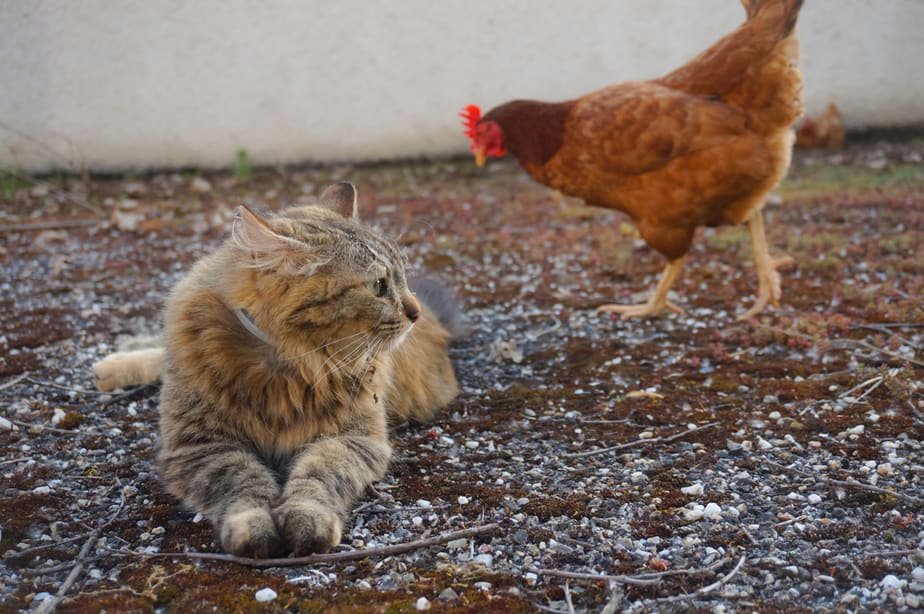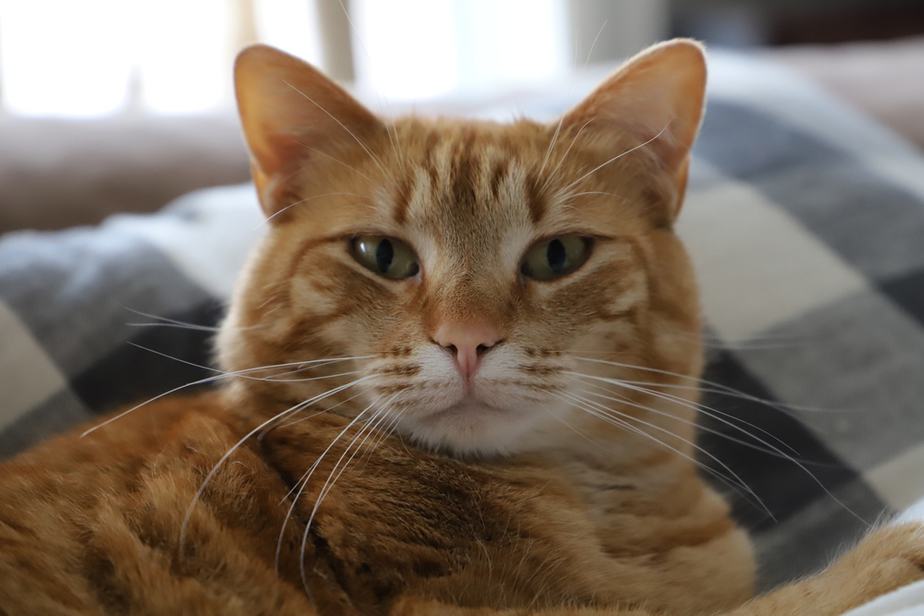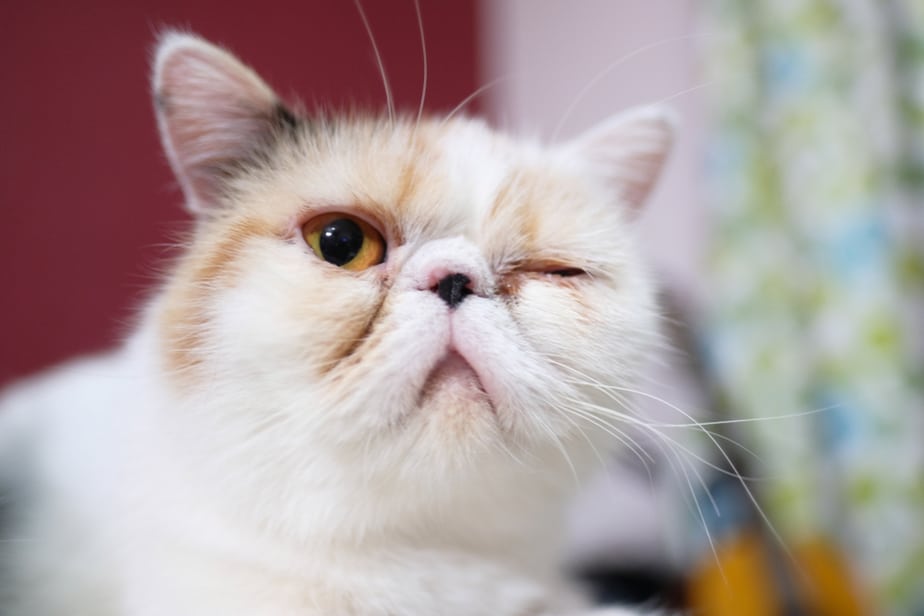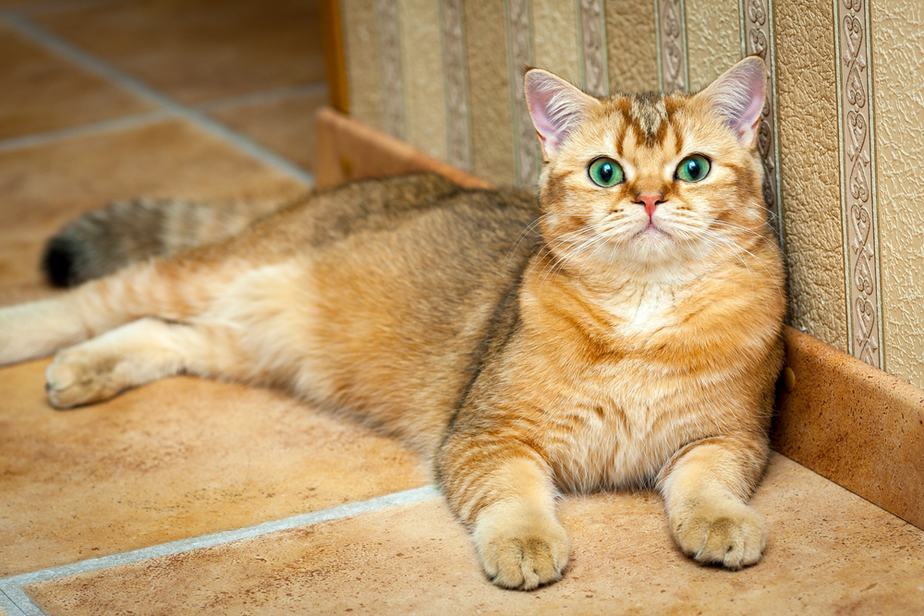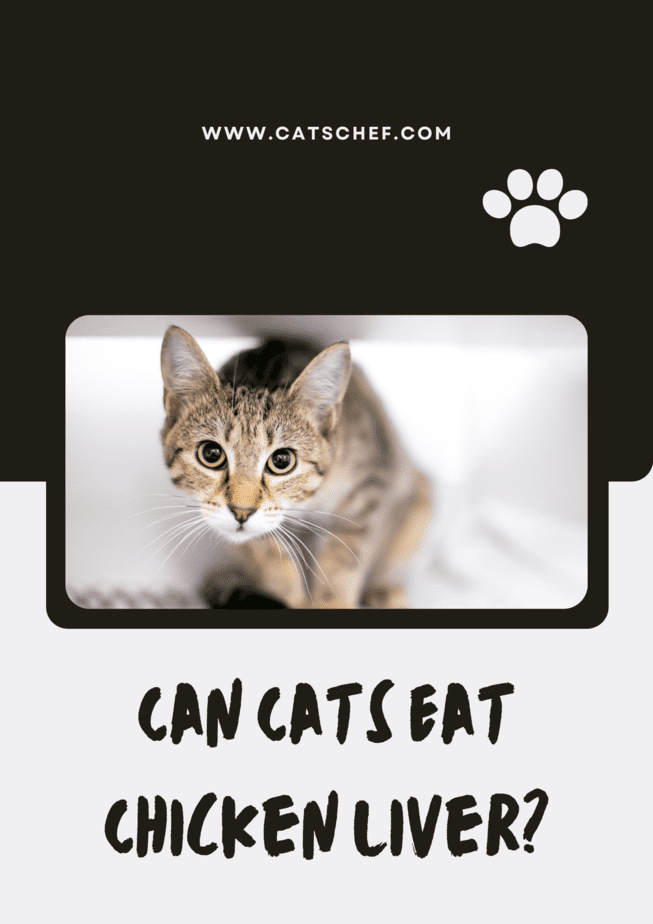📖 Table of Content:
“My four-legged friend is obsessed with chicken! Chicken breasts, chicken bones, chicken gizzards, chicken liver… She will munch on pretty much anything chicken-related! I’m losing my mind because I have no idea whether cats can eat so much chicken!” So, can cats eat chicken liver?
There are very few things in this world cats love more than poultry. You shouldn’t even be surprised that your cat’s eyes light up whenever she catches a glimpse of your Sunday special. Who doesn’t love some spicy peri-peri chicken livers!?
Good news: If she manages to sneak a bite or two, you have nothing to worry about. According to the ASPCA (American Society for the Prevention of Cruelty to Animals), consuming small quantities of chicken liver shouldn’t cause any damage to your cat’s health.
Not only is chicken liver safe for your cat, but it’s also rich in vitamins, minerals, amino acids, and protein. BUT, there are a couple of things you should consider before adding this tasty treat to your cat’s diet, so let’s dive in.
Can cats eat chicken liver?
Absolutely, cats can eat chicken liver!
Cats are carnivores. This means that they require meat, animal protein, and animal-sourced nutrients to survive. If your four-legged friend wasn’t waiting for your to give her a bite of livers, she would be in the wild hunting for her own.
Chicken liver makes for an excellent source of vitamins A and B, minerals (iron, magnesium, phosphorus, potassium), amino acids, and protein. All these incredible active ingredients ensure the health of your cat’s immune system, skin, coat, and muscles.
In fact, chicken liver is much better for your cat than lamb or beef liver! But – there’s always a but when it comes to feeding your cat human foods. While chicken liver does pack a nutritious punch, you shouldn’t include it in your cat’s diet as a regular meal.
“Too much of anything can make you sick” – a general rule to live by in your life, but also one of how much chicken liver you should feed to your cat. You can’t go wrong if you use chicken liver as an occasional treat, ensuring it doesn’t exceed 5% of your cat’s weekly food intake.
Make sure to prepare your chicken liver the right way before feeding it to your furry friend. You don’t have to look up any complicated recipes, simply boil it in a large pan of water without any salt, seasonings, or other ingredients. Much better than your regular cat food, and trust me, your kitto will thank you!
Can cats eat raw chicken liver?
Raw meats tend to raise some eyebrows whenever they’re discussed in terms of a cat’s diet. Many raw foods contain parasites and bacteria (salmonella, E. coli, yersinia) that might lead to serious gastrointestinal diseases.
But, then there’s the whole “cats are carnivores” argument (which we won’t get into right now). Your feline friend would thrive on a completely raw diet if she was in the wild, right? Her digestive enzymes would be capable of breaking down and processing raw meats.
The difference is that domestic cats have been – you guessed it – domesticated. And with that comes dietary adaptations due to being fed commercial cat food all her life.
Additionally, cooked chicken liver tends to lack some of the nutrients that make it so beneficial to cats. For example, taurine is an essential amino acid responsible for maintaining proper vision, digestion, heart muscle function, and a healthy immune system.
Unfortunately, chicken liver loses these benefits once it’s put through the cooking process. Raw chicken liver might be a better choice for your feline friend, but that doesn’t mean that you should let her go overboard.
Whether you decide to go for cooked or raw chicken liver, you should only use it as an occasional “you’re such a good little munchkin” treat for your feline friend. Don’t let her pouty snout fool you into giving her more than a bite or two!
Here’s why you should feed chicken liver to your cat
Dry food or wet food – most commercially available cat foods contain some amount of chicken liver in them. And there’s a good reason for that.
Chicken liver is rich in vitamins, minerals, amino acids, and protein. These yummy ingredients ensure the health of your cat’s skin, coat, and immune and muscular systems!
And if you’re still wondering whether cats can eat chicken liver, have a look at some of the best nutritional and health benefits it brings to your cat’s table.
1. Vitamins
Most pet foods are rich in vitamins, but it doesn’t hurt to throw in a couple of tasty treats that might bring additional benefits to your feline friend. Chicken liver happens to be a great source of vitamin A, vitamin B12, and vitamin B9 (or folate).
Vitamin A is an essential vitamin in your cat’s diet. It supports your cat’s immune system and contains important antioxidants, helping to protect your cat from cancer, and other dangerous diseases.
Vitamin B12 is also a great aid in supporting your cat’s immune system, nervous system, and digestive tract. It helps maintain digestive health and prevent the onset of gastrointestinal diseases. Trust me, a healthy cat needs her vitamin B12!
Vitamin B9 is great for felines with folic acid deficiency. The most common symptoms of this condition are anemia, weight loss, and leukopenia. This is your cue to make some homemade cat food with added vitamin B9 from chicken liver!
2. Minerals
If you’re wondering whether chicken liver is good for your cat, you should take a look at the number of minerals this tasty treat contains. Iron, magnesium, phosphorus, potassium… The list goes on and on, which is great because all these minerals ensure your cat’s health and happiness.
For example, magnesium is great to prevent numerous digestive issues, constipation, and diarrhea. Your cat might experience some digestive discomfort because of those pesky hairballs, and that’s where magnesium comes into play.
And phosphorus is incredible for a feline’s kidneys. So many adult cats deal with renal problems, hyperparathyroidism, and chronic kidney disease. This mineral is necessary for the regulation of many critical processes in your cat’s body.
3. Protein
You may be surprised to learn that felines use protein instead of carbohydrates for energy. This is why cats require heaps of meat, animal protein, and other animal-sourced nutrients to survive.
Your cat has a fairly simple digestive tract that lacks the ability to synthesize certain amino acids from her diet. Amino acids are molecules that form proteins.
There are four main amino acids (taurine, arginine, methionine, and cysteine) that are absolutely essential in your cat’s diet. And guess what? These amino acids can only be found in animals and animal organ meats like chicken liver.
On the off-chance you’re still wondering if cats can eat chicken liver, this should give you the answer you’ve been looking for. All parts of chicken (including chicken gizzards, chicken liver, and chicken hearts) are incredibly rich in protein!
But, be careful…
Large amounts of chicken liver might lead to a condition known as vitamin A toxicosis (or even vitamin A toxicity). The most common symptoms of this condition are lethargy, weakness, joint stiffness, joint and bone pain, and lack of appetite.
If left untreated, vitamin A toxicosis might lead to feline arthritis. If you notice any of these symptoms, you should contact your vet immediately. Other than that, it’s wise to consult with your vet before introducing chicken liver, or anything else, to your cat’s diet.
